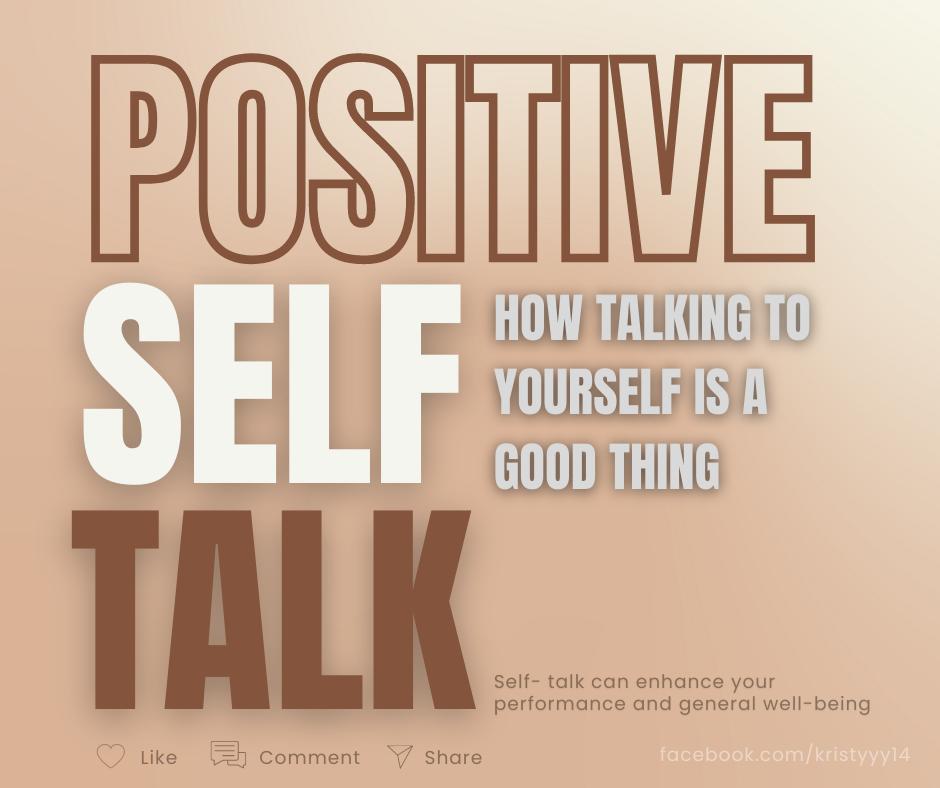In today’s fast-paced world, where challenges and setbacks are inevitable, cultivating mental toughness is more important than ever. Mental toughness is not about suppressing emotions or pretending to be invincible; it’s about building resilience, staying focused, and bouncing back from adversity with grace. Whether you’re facing personal hurdles, professional stress, or everyday obstacles, strengthening your mental fortitude can empower you to navigate life’s complexities with confidence and poise. In this article, we’ll explore practical tips and strategies to help you develop this invaluable skill. Through empathetic guidance and actionable advice, we’ll embark on a journey to fortify your inner strength, enabling you to face life’s challenges head-on with a resilient mindset.
Cultivating a Resilient Mindset with Daily Practices
Embracing mental toughness begins with small, consistent actions that collectively build resilience over time. Consider integrating these daily practices into your routine to strengthen your mindset:
- Mindful Meditation: Dedicate just 5-10 minutes each day to sit quietly, focusing on your breath. This simple act of mindfulness can help clear your mind and reduce stress.
- Gratitude Journaling: Each evening, jot down three things you are grateful for. This practice shifts your focus from what’s lacking to what’s abundant in your life, fostering a positive outlook.
- Positive Self-Talk: Replace negative thoughts with empowering affirmations. Words have power, and nurturing a kind inner dialogue can enhance self-esteem and confidence.
| Practice | Duration | Benefit |
|---|---|---|
| Mindful Meditation | 5-10 mins | Reduces stress |
| Gratitude Journaling | 5 mins | Enhances positivity |
| Positive Self-Talk | Throughout the day | Boosts confidence |
Incorporating these practices into your daily routine can gradually cultivate a resilient mindset, allowing you to face challenges with greater fortitude and adaptability. Remember, consistency is key, and every small step counts on this journey towards mental toughness.

Harnessing the Power of Positive Self-Talk for Inner Strength
In the journey to build mental toughness, the conversations we have with ourselves play a pivotal role. Positive self-talk is more than just a motivational pep talk; it is a powerful tool that can shape our mindset and foster resilience. By consciously choosing our inner dialogue, we can transform challenges into opportunities and setbacks into comebacks.
- Reframe Negative Thoughts: When you catch yourself thinking negatively, pause and reframe those thoughts into positive ones. Instead of “I can’t do this,” try saying, “I am capable of overcoming this challenge.”
- Practice Daily Affirmations: Begin your day with a set of affirmations that reinforce your strengths and capabilities. Statements like “I am strong” or “I embrace challenges” can set a positive tone for the day.
- Visualize Success: Spend a few minutes each day visualizing your success. Picture yourself achieving your goals and overcoming obstacles, reinforcing the belief in your abilities.
| Technique | Benefit |
|---|---|
| Mindful Reflection | Enhances self-awareness |
| Gratitude Journaling | Boosts positivity |
| Goal Setting | Provides direction and focus |

Overcoming Challenges with Strategic Problem-Solving Techniques
Building mental toughness requires a strategic approach to problem-solving that not only addresses immediate challenges but also strengthens your ability to handle future obstacles. By adopting strategic problem-solving techniques, you can transform challenges into opportunities for growth and resilience. Here are some practical tips to guide you:
- Break Down Problems: Divide complex issues into smaller, manageable parts. This helps reduce overwhelming feelings and allows you to tackle each segment with focused attention.
- Prioritize Solutions: Not all problems need immediate solutions. Identify which issues are most pressing and allocate your resources accordingly.
- Stay Flexible: Be open to adapting your strategies as situations evolve. Flexibility can lead to discovering more effective solutions than initially anticipated.
Consider the following table, which outlines a simple framework for tackling challenges:
| Step | Action | Outcome |
|---|---|---|
| Identify | Recognize the problem | Clarity on what needs solving |
| Analyze | Examine causes and effects | Deeper understanding of the issue |
| Strategize | Develop a plan of action | Structured approach to resolution |
| Implement | Execute the plan | Progress towards solving the problem |
| Review | Evaluate the outcomes | Insights for future improvements |
By integrating these techniques into your daily routine, you can cultivate a mindset that views challenges not as roadblocks, but as stepping stones towards personal and professional growth. Embrace each obstacle with the confidence that your strategic problem-solving skills will guide you through.
Building Emotional Endurance Through Mindfulness and Reflection
Developing emotional endurance is like building a mental muscle, and mindfulness paired with reflection serves as a potent workout routine for this. By cultivating present-moment awareness, you create a buffer against stress and enhance your ability to cope with life’s challenges. Here are some practical strategies to get started:
- Daily Mindfulness Practice: Dedicate a few minutes each day to mindfulness meditation. Whether it’s through focused breathing or guided meditations, this practice can help ground you and increase your emotional resilience.
- Journaling for Reflection: Spend time reflecting on your thoughts and emotions by writing them down. This practice can help you process experiences, recognize patterns, and gain insights into your emotional responses.
- Gratitude Check-Ins: Regularly acknowledge things you are grateful for. This simple act shifts your focus from what’s lacking to what’s abundant, reinforcing a positive mindset.
Additionally, use the power of self-reflection to identify emotional triggers and responses. By doing so, you can develop personalized strategies for managing these triggers more effectively. Consider the following table to guide your reflection process:
| Trigger | Emotional Response | Reflective Question |
|---|---|---|
| Conflict at Work | Frustration | What can I learn from this situation? |
| Criticism | Defensiveness | How can I view this feedback constructively? |
| Unexpected Change | Anxiety | What opportunities does this change present? |
By integrating mindfulness and reflection into your daily routine, you’ll find yourself better equipped to handle emotional ups and downs, building a robust foundation of mental toughness over time.








































